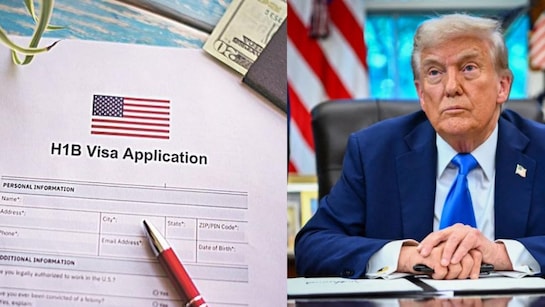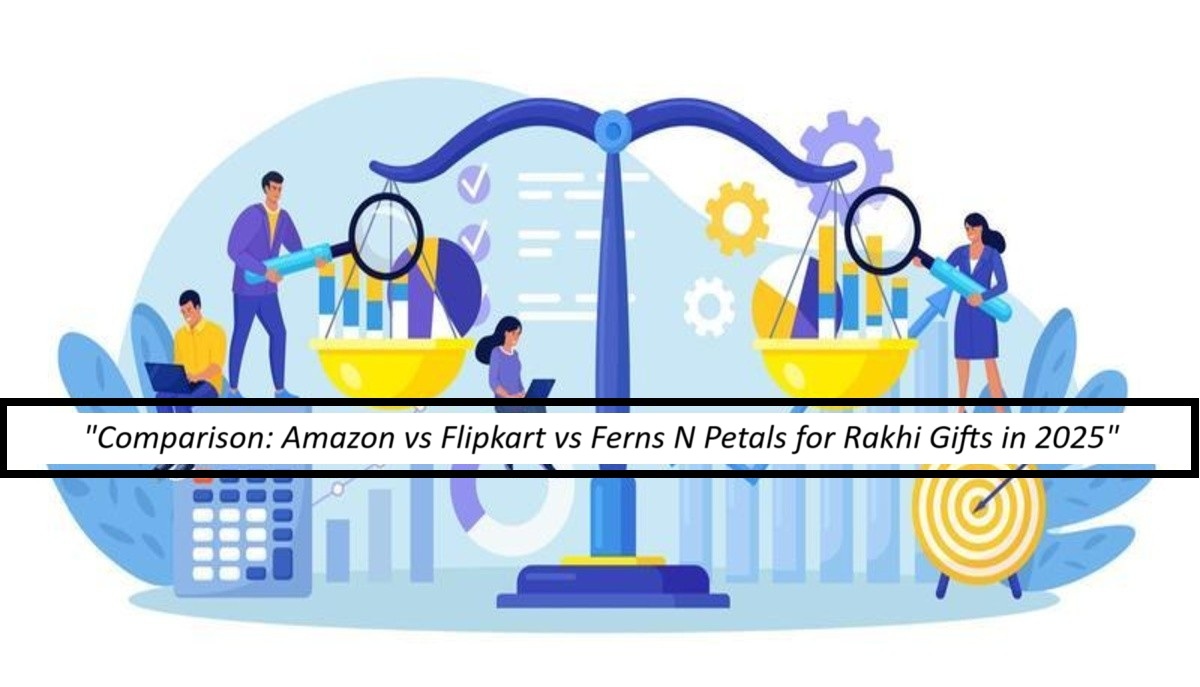The U.S. Department of Homeland Security plans additional restrictions on H-1B visas, including stricter eligibility criteria and increased oversight of third-party placements, aiming to protect U.S. workers’ wages and improve program integrity.
Key Developments
- Proposed Rule Changes:
The Department of Homeland Security (DHS) has outlined plans to modify the H-1B visa program under the title ‘Reforming the H-1B Nonimmigrant Visa Classification Program’. Proposed changes include:- Revising eligibility for cap exemptions.
- Providing greater scrutiny for employers that have violated program requirements.
- Increasing oversight over third-party placements.
- Impact on Exemptions:
While it’s unclear whether the DHS plans to narrow which employers and positions are exempted from the annual cap, changes could affect nonprofit research organizations, universities, and healthcare institutions that currently benefit from exemptions. - Objective of Reforms:
The administration states that these changes aim to improve the integrity of the H-1B program and better protect U.S. workers’ wages and working conditions. - Timeline: The regulatory notice indicates that the rule changes could be published as early as December 2025.
Context and Implications
- H-1B Visa Importance:
The H-1B visa is crucial for high-skilled foreign nationals, particularly from India, as it often serves as the primary pathway to long-term employment and eventual permanent residence (green card) in the U.S. - Previous Changes:
Earlier, the Trump administration imposed a $100,000 annual fee for H-1B visa applications, a significant increase from the previous fee structure, aiming to eliminate what it considers lower-skilled training positions and preserve opportunities for highly skilled workers. - Potential Impact on Employers:
The proposed changes could affect companies that rely on H-1B visas for skilled foreign workers. For instance, major firms like Amazon and Tata Consultancy Services (TCS) have been among the top beneficiaries of H-1B visas.



